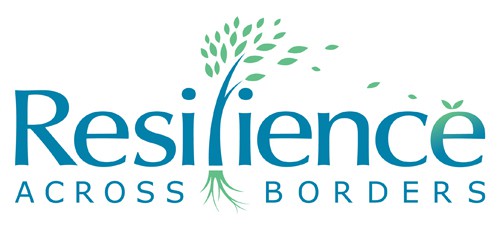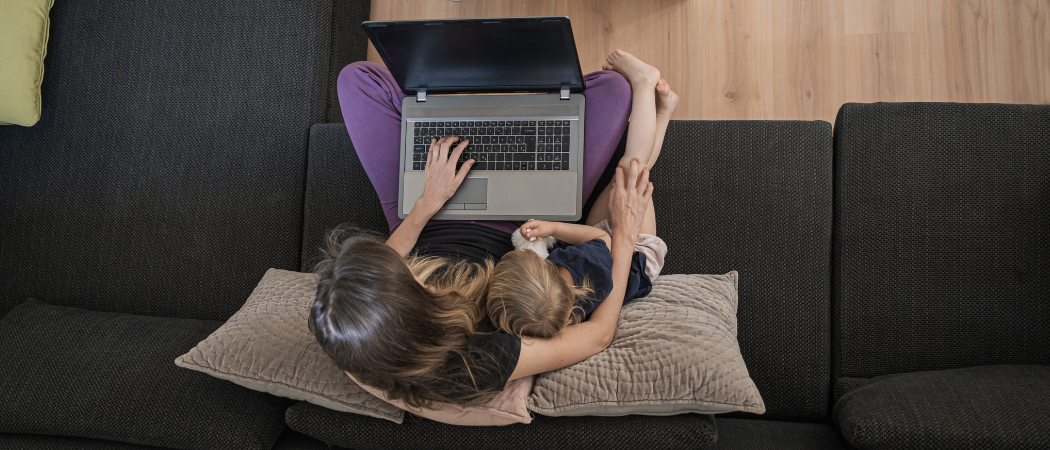Proactive Parenting During the Pandemic and Beyond
COVID-19’s enduring toll on us hasn’t just been physical – it’s been mental and emotional, too. None have been hit harder than you, the parents. You’ve held squirmy toddlers during conference calls, done dishes while supervising kindergarten over Zoom, and helped your confused and lonely teenager make sense of the “new normal” late at night. This is backed up by studies: researchers at Duke University surveyed over 600 parents and found that their well-being declined during the pandemic and worsened as the number of hardships encountered (e.g., income loss, illness, and caregiving burden) increased. In our clinical practice, parents often ask, “How can I best support my child during this difficult time and beyond?”
To answer this question, we turn to resilience — the process by which we adapt positively to stressors. The good news: You can help your kids become more resilient in many ways. Let’s start with perhaps the most important factor: Proactive parenting, the practice of being attentive to your child’s needs and intentional in how you respond to them.
Proactive parents are…
- Consistent but flexible. During this period of uncertainty, you’ve likely struggled to maintain routines and behavioral standards. Maybe you’ve used TV as a last-ditch babysitter during work calls; or allowed your child to stay up extra late for some family time. If you have, don’t be too hard on yourself. It’s true that children function best with structure. Routines help them learn about the world, operate at their best, and feel comforted and calm during stressful times. Yet, we also must model flexibility and compassion for our children. For instance, you can enforce limits on non-social activities such as gaming, surfing the internet, or watching television, but allow your child reasonable time to FaceTime with friends. As the weather becomes warmer, your family may benefit from sitting down to discuss the importance of exercising, spending time outdoors, and sticking to a regular sleep schedule. You could also brainstorm ways to implement those healthy habits every day.
- Loving and supportive. Many children turn to parents during difficult times, and you have a choice in how you respond. When discussing upsetting topics, aim to be a “coping model” rather than a “mastery model.” For example, you can say: “I understand it is really disappointing that you can’t have a large birthday party. I’m also sad about some of the events that we’ve had to miss this year. Maybe we can figure out a way to celebrate safely?” You can guide your child to name their feelings, so that they become familiar and manageable. Of course, it is important for you to cope constructively with your anxieties, as well as reasonably limit the amount of time you spend reading or watching the news. Families can embrace the extra time at home by starting new, fun activities, such as “Friday pizza and movie night.”
- Attentive to their own self-care, which may otherwise be neglected due to the increased demands of child-rearing during the pandemic. Ask yourself, “What are my non-negotiables?” Maybe yours include plenty of sleep at night, wind-down time each day to read, or blocking out breaks to exercise. Don’t neglect your own support systems too: Now more than ever, we need our friends and family. Remember: Self-care isn’t selfish. When you model self-care and optimism for your children, you embody self-compassion, and, importantly, hope.

